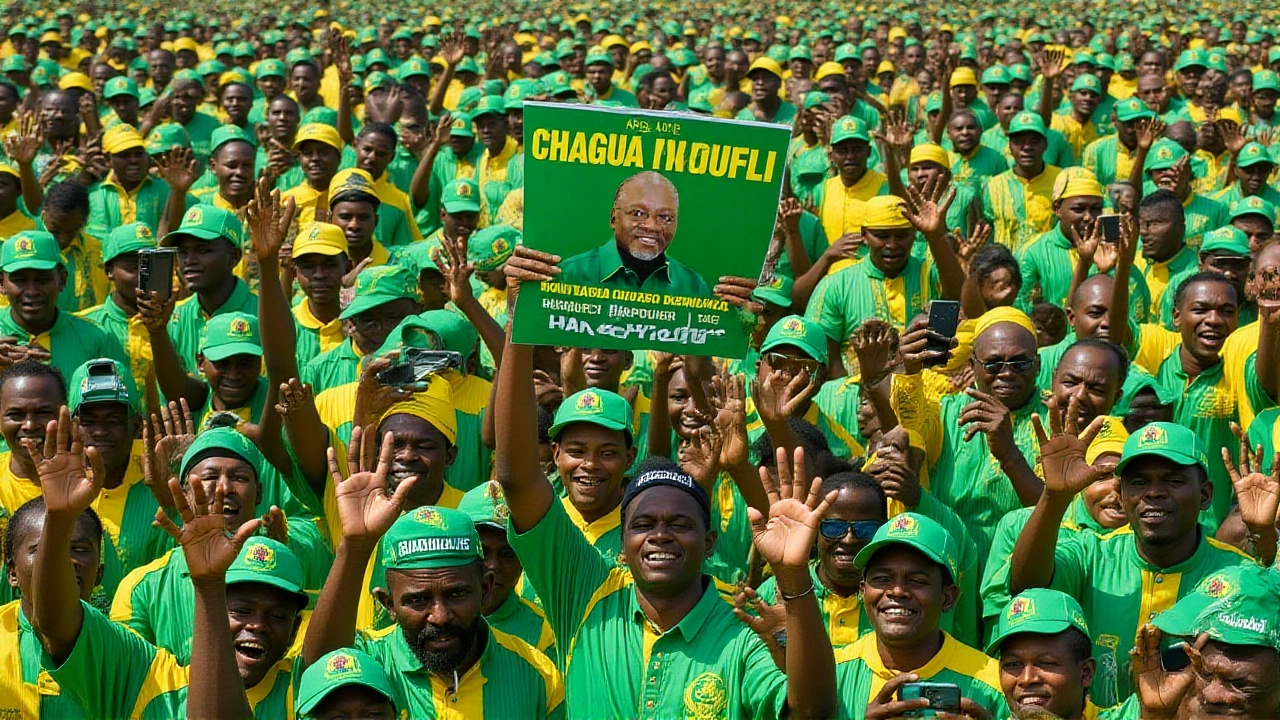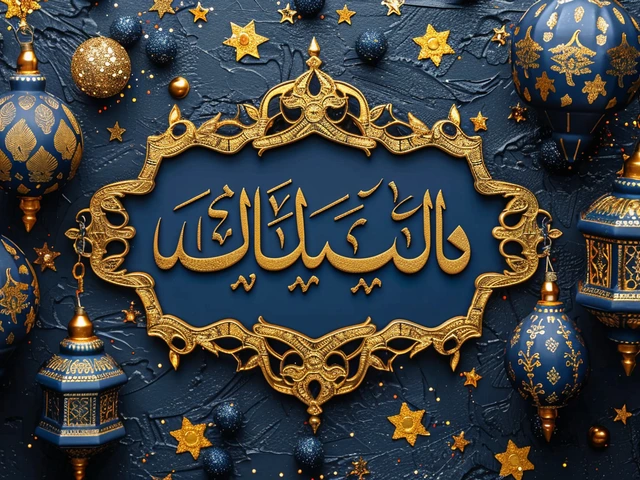Electoral Controversy: When Votes Are Challenged and Trust Is Tested
When an election result doesn’t sit right with the people, you get an electoral controversy, a dispute over the fairness, accuracy, or legality of an election process. It’s not just about who won—it’s about whether the process was clean, open, and trusted by everyone involved. This happens when ballots go missing, voter lists are manipulated, or courts are asked to decide if the rules were followed. In places like South Africa, Nigeria, and beyond, these moments don’t just make headlines—they shake the foundation of democracy.
Related to this are election fraud, the deliberate manipulation of voting systems to change outcomes, and voter suppression, efforts to block certain groups from voting through legal or illegal means. These aren’t abstract ideas. They show up in real life: when ID requirements target rural voters, when ballot boxes vanish overnight, or when opposition candidates are arrested on the eve of voting. Then there’s election monitoring, the work of independent observers who watch polling stations and report irregularities. Their reports often become the only proof that something went wrong. And when all else fails, judicial review, the power of courts to examine and overturn election decisions steps in—like when Pretoria’s High Court dismissed Shadrack Sibiya’s appeal over a R360 million tender scandal, showing how legal systems can become battlegrounds for legitimacy.
These aren’t just African problems. But in Africa, where elections are often the only way for people to hold leaders accountable, the stakes are higher. When a court stops tinted-glass seizures in Nigeria, or when a judge blocks a candidate’s disqualification over technicalities, you’re seeing the same forces at work: power trying to bend rules, citizens demanding fairness, and institutions being tested. The electoral controversy isn’t just about votes—it’s about who gets to speak, who gets heard, and whether the system still works for everyone.
Below, you’ll find real stories where elections sparked outrage, legal battles, and public protests. From tender scandals that tied into political power to court rulings that changed the course of a nation’s future—these are the moments that define whether democracy is alive or just on paper.

Tanzania’s President Samia Suluhu Hassan Wins 97.66% of Vote in Controversial 2025 Election
President Samia Suluhu Hassan won 97.66% of votes in Tanzania’s 2025 election, the highest in modern history, but opposition leaders and observers cite suppressed campaigning and unfair conditions, raising questions about the true state of democracy.
Categories
- Sports (146)
- Politics (22)
- Entertainment (20)
- World (15)
- News (10)
- Lifestyle (8)
- Business (6)
- Technology (3)
- Health (3)
- Environment (2)
Popular Articles



